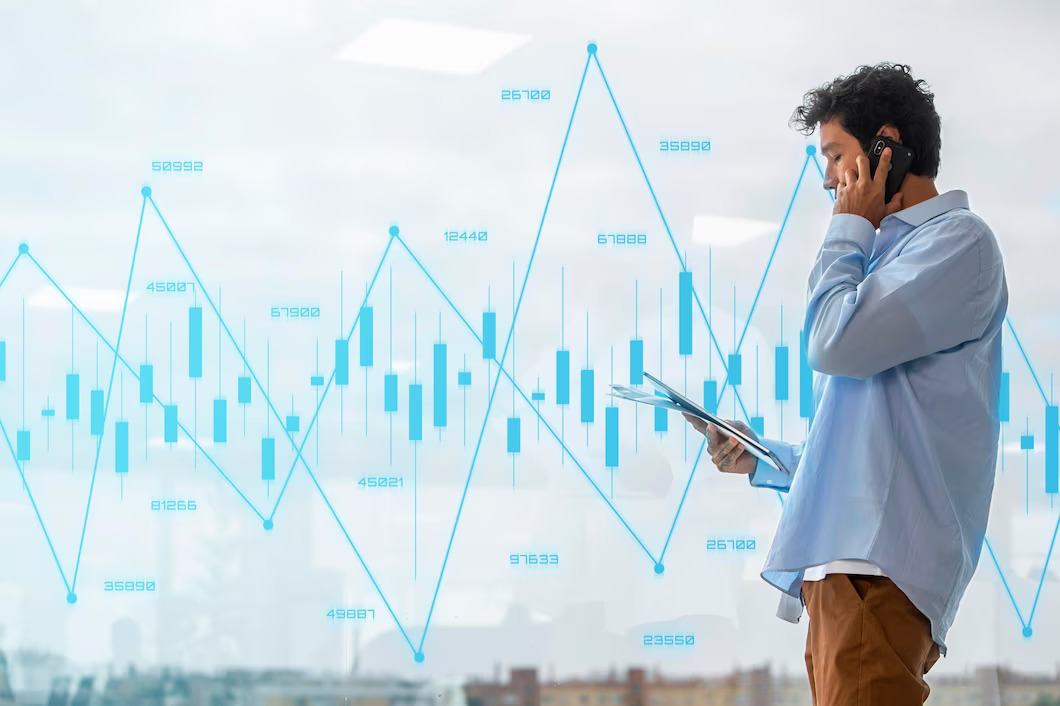Exchanges and Market Volatility: Understanding the Connection
Market volatility is a term that often makes headlines and captures the attention of investors and traders. Fluctuations in market prices can have a significant impact on financial markets, affecting investors’ portfolios and even the overall stability of the economy. In this article, we will delve into the connection between exchanges and market volatility, exploring the role of exchanges in financial markets, the factors influencing market volatility, strategies for managing volatility, and the future of exchanges in this dynamic environment. If you are planning to invest in crypto like Bitcoin, you may also want to invest in a reliable trading platform such as 500 Trade Intal.
The role of exchanges in financial markets
Exchanges are vital for the functioning of financial markets. They provide liquidity, price transparency, and efficient price discovery. Exchanges attract a large number of participants, ensuring there is a sufficient supply of buyers and sellers, thereby enhancing liquidity.
Price transparency is another critical aspect offered by exchanges. They display real-time prices and trading volumes, allowing market participants to make informed investment decisions.
Exchanges also serve as platforms for efficient price discovery. When multiple participants interact on an exchange, the prices they agree upon reflect the collective wisdom and opinions of market participants. This process helps establish fair values for financial instruments based on supply and demand dynamics.
Factors influencing market volatility

Various factors contribute to market volatility. Economic indicators, such as GDP growth rates, employment data, and inflation rates, can significantly impact market sentiment and, consequently, volatility. Political events, geopolitical tensions, and policy decisions also play a role in influencing market volatility.
Furthermore, investor sentiment and market participants’ reactions to news and developments can amplify volatility. Fear and greed can drive market participants to either sell off assets rapidly or engage in speculative buying, leading to increased volatility.
The relationship between exchanges and market volatility
Exchanges and market volatility are inherently interconnected. Exchanges act as venues where buyers and sellers converge to determine prices. When market participants perceive higher levels of uncertainty or anticipate significant price movements, they tend to be more active in executing trades. Increased trading activity can intensify market volatility.
Moreover, exchanges facilitate the trading of derivatives, such as options and futures contracts, which can have leveraged exposure to underlying assets. Derivatives can amplify market movements, causing increased volatility. The availability of these instruments on exchanges provides investors with opportunities to hedge against volatility or speculate on market direction, further influencing market dynamics.
The impact of market volatility on exchanges
Market volatility can significantly impact exchanges themselves. During periods of heightened volatility, trading volumes tend to increase as investors actively adjust their positions. This increased trading activity generates revenue for exchanges through transaction fees. Therefore, exchanges can benefit from increased volatility.
However, excessive volatility can also pose challenges for exchanges. High-frequency trading and rapid price fluctuations can strain trading systems, leading to operational issues. Exchanges must ensure that their infrastructure can handle increased trading volumes and maintain orderly markets even during periods of extreme volatility.
Strategies for managing market volatility
Market participants, including exchanges, employ various strategies to manage market volatility effectively. One approach is the implementation of circuit breakers, which are predetermined thresholds that when triggered, halt trading temporarily. Circuit breakers provide a cooling-off period during extreme price movements, allowing market participants to reassess their positions and stabilize markets.
Another strategy is the use of volatility index products. Volatility indices, such as the CBOE Volatility Index (VIX), measure market expectations of future volatility. These indices can be used to hedge against volatility or speculate on future market movements. Exchange-traded products based on volatility indices allow investors to gain exposure to volatility as an asset class.
Conclusion
In conclusion, exchanges and market volatility share a complex relationship. Exchanges play a vital role in facilitating trading, providing liquidity, and establishing market prices. Market volatility, characterized by price fluctuations, can impact exchanges by increasing trading volumes and revenue but also presenting operational challenges. Strategies and tools such as circuit breakers and volatility index products are used to manage volatility. Regulatory bodies enforce rules to maintain market stability. The future of exchanges and market volatility will be shaped by technological advancements and the need for adaptability. It is important for investors to understand the opportunities and risks associated with market volatility. Exchanges will continue to serve as essential platforms for market activity while managing volatility.

















